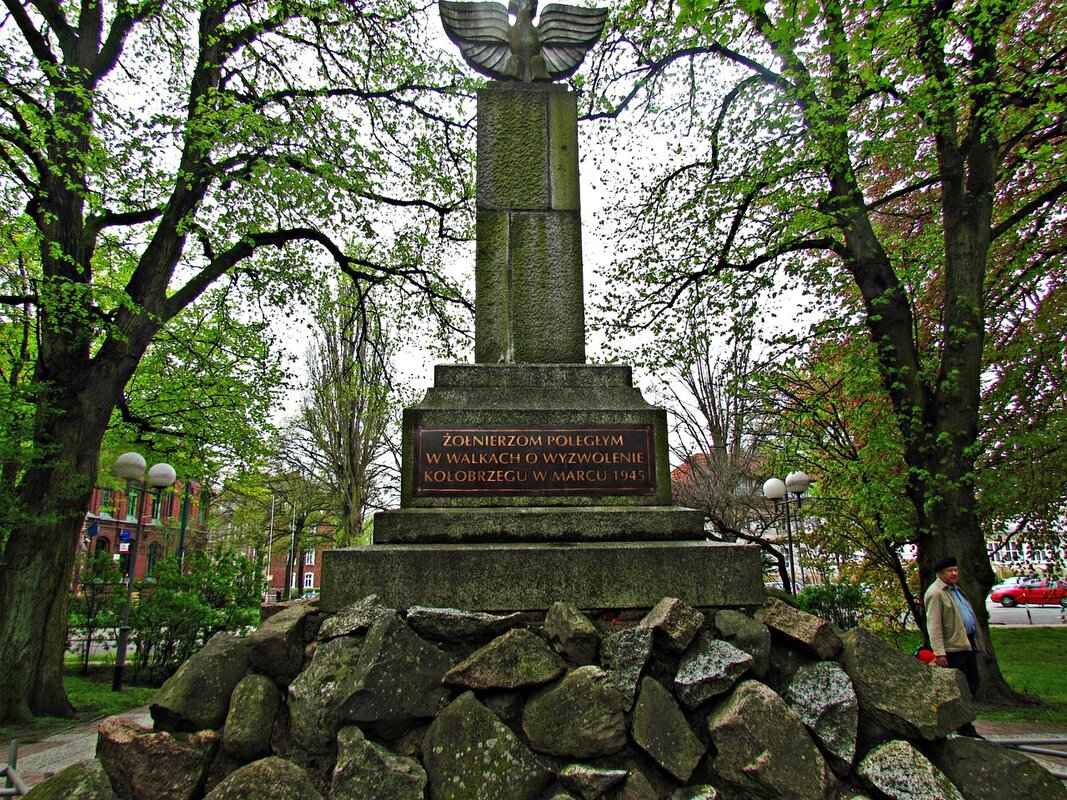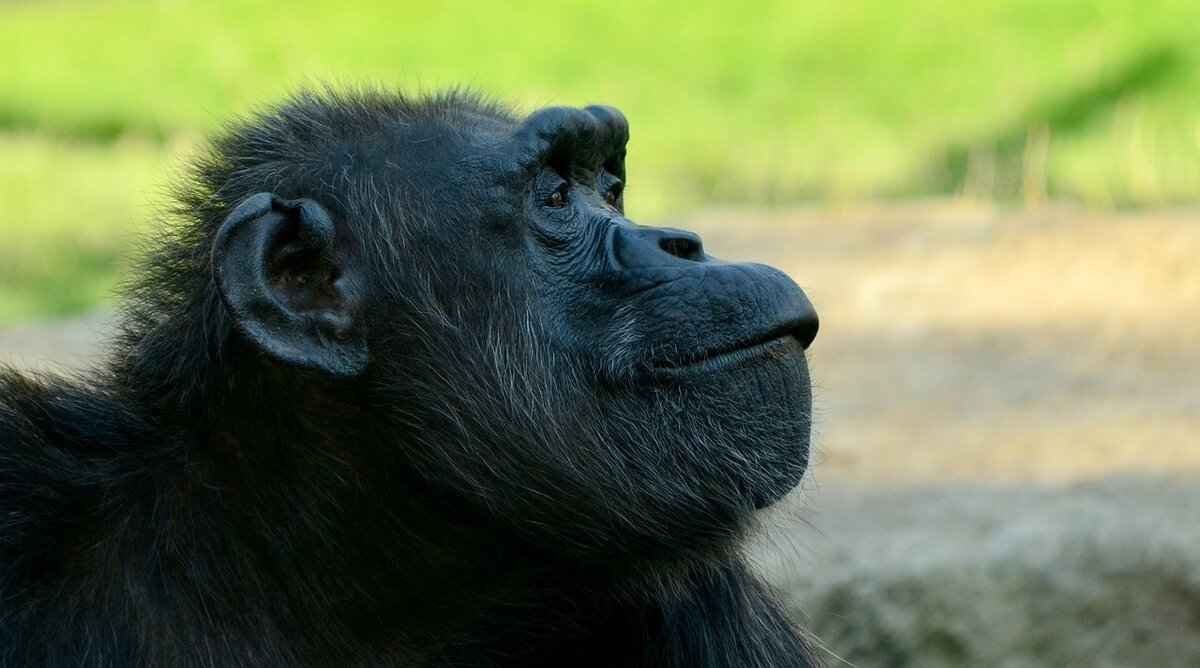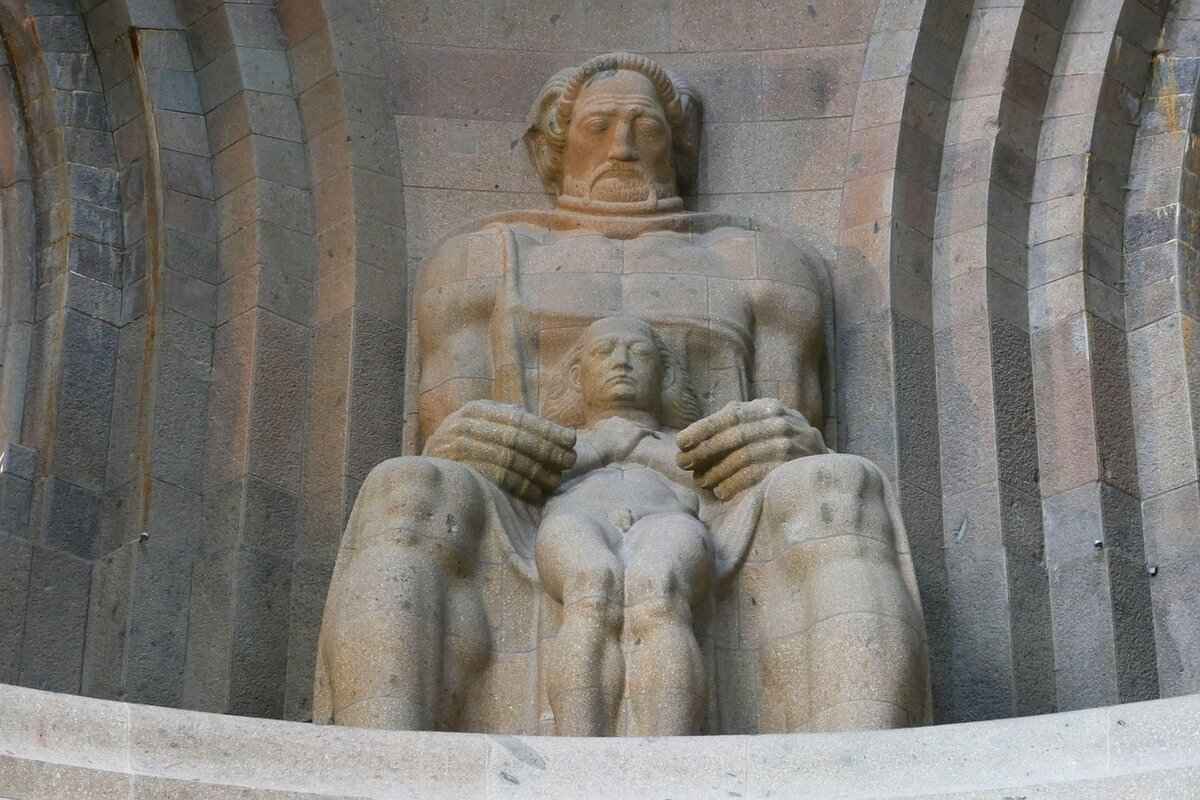This article delves into Quilladin, a unique Grass-type Pokémon. We will explore its strengths, evolution process, and effective strategies to maximize its potential in battles. By the end, you will discover how to effectively utilize this Pokémon in your gameplay.
Understanding Quilladin: Basic Information
Quilladin is the evolved form of Chespin and was introduced in Generation VI. It has distinct characteristics that make it a formidable contender in battles. With its robust defensive capabilities, Quilladin stands out as a reliable choice for trainers.
Quilladin’s Strengths and Abilities
- Defensive Capabilities: Quilladin boasts high Defense and HP stats, making it an excellent wall in battles.
- Ability – Bulletproof: This unique ability protects Quilladin from certain projectile moves, offering strategic advantages.
Type Advantages and Disadvantages
As a Grass-type Pokémon, Quilladin has advantages over:
- Water
- Ground
- Rock
However, it is vulnerable to:
- Fire
- Flying
- Poison
- Bug
- Ice
Understanding these matchups is crucial for effective gameplay.
Best Movesets for Quilladin
To maximize Quilladin’s effectiveness, consider moves like Seed Bomb and Body Slam. These moves utilize its strengths while covering weaknesses effectively.
Synergy with Other Pokémon
Pairing Quilladin with complementary Pokémon can enhance its performance. Look for partners that can cover its weaknesses, creating a balanced team strategy.
Strategies for Maximizing Quilladin’s Power
To fully utilize Quilladin’s potential, focus on:
- Training
- Move selection
- Battle tactics that align with its strengths
Implementing these strategies can lead to success in competitive play.
Evolution: How to Evolve Quilladin
Quilladin evolves from Chespin at level 16 and can further evolve into Chesnaught at level 36. Understanding this evolution process is essential for trainers looking to maximize their Pokémon’s power.
Effective Battle Tactics with Quilladin
Utilizing Quilladin effectively requires strategic planning. Focus on:
- Defensive Strategies: Use Quilladin’s high Defense to stall opponents while dealing damage.
- Offensive Strategies: Employ moves that capitalize on its Attack stat to catch opponents off guard.
By understanding its strengths and weaknesses, players can create effective strategies that lead to victory.

Understanding Quilladin: Basic Information
Quilladin is a fascinating Grass-type Pokémon that first appeared in Generation VI. As the evolved form of Chespin, Quilladin showcases unique characteristics that distinguish it in battles and gameplay. This article delves into Quilladin’s strengths, evolution process, and strategies to maximize its potential in your Pokémon journey.
Quilladin is known for its robust defensive capabilities and its distinctive design. This Pokémon stands out not only for its appearance but also for its strategic advantages in battles. Trainers often appreciate Quilladin for its ability to absorb damage while retaliating with powerful moves.
One of Quilladin’s notable abilities is Bulletproof, which shields it from specific projectile moves, making it a formidable opponent. This defensive trait allows Quilladin to excel in battles where opponents rely on ranged attacks.
As a Grass-type Pokémon, Quilladin enjoys advantages against Water, Ground, and Rock types. However, it is vulnerable to Fire, Flying, Poison, Bug, and Ice types. Understanding these matchups is essential for effective gameplay.
Selecting the right moveset can significantly enhance Quilladin’s effectiveness in battles. Moves such as Seed Bomb and Body Slam not only utilize its strengths but also help cover its weaknesses.
Pairing Quilladin with complementary Pokémon can elevate its performance. Consider teaming it up with Pokémon that can cover its weaknesses, creating a balanced strategy that maximizes your chances of victory.
To fully harness Quilladin’s potential, trainers should focus on training, move selection, and battle tactics that align with its strengths. Implementing these strategies can lead to success in competitive play.
Quilladin evolves from Chespin at level 16 and can further evolve into Chesnaught at level 36. Understanding this evolution process is crucial for trainers aiming to maximize their Pokémon’s power.
To ensure Quilladin evolves into Chesnaught, trainers should prioritize leveling it up through battles and gaining experience points. Utilizing items like Exp. Candies can expedite this progression.
Evolving Quilladin into Chesnaught significantly boosts its stats, particularly in Defense and Attack. This transformation enhances its viability in competitive battles, making it a more formidable opponent.
Utilizing Quilladin effectively requires strategic planning. Understanding its strengths and weaknesses can lead to victory against various opponents.
Quilladin’s high Defense makes it an excellent wall in battles. Trainers should focus on stalling opponents while dealing damage through moves that exploit their weaknesses.
In addition to its defensive capabilities, Quilladin can also pose an offensive threat. Employing moves that capitalize on its Attack stat can surprise opponents and turn the tide of battle.

Quilladin’s Strengths and Abilities
Quilladin, the Grass-type Pokémon, is not just an evolved form of Chespin but also a formidable contender in battles due to its unique strengths and abilities. One of its most notable features is its defensive capabilities, which allow it to withstand various attacks and maintain its position on the battlefield.
One of the standout abilities of Quilladin is Bulletproof. This ability grants it immunity against certain projectile moves, effectively shielding it from attacks like Shadow Ball and Energy Ball. This unique trait can be a game-changer in battles, allowing trainers to formulate strategies that capitalize on Quilladin’s resilience.
- Defensive Wall: With its high Defense stat, Quilladin can absorb damage from physical attacks, making it an excellent wall for your team.
- Type Matchups: Quilladin has a distinct advantage over Water, Ground, and Rock types, allowing it to deal significant damage while minimizing its own risks.
- Support Role: Quilladin can also take on a supportive role in battles, using moves like Leech Seed to recover health while wearing down opponents.
Understanding these strengths is essential for trainers looking to enhance their battle strategies. By leveraging Quilladin’s defensive capabilities and its unique ability, players can create a robust gameplay style that maximizes their chances of victory. Whether you are facing tough opponents or participating in competitive play, incorporating Quilladin’s strengths into your strategy will undoubtedly lead to impressive results.
Type Advantages and Disadvantages
Quilladin is a Grass-type Pokémon that offers unique advantages and challenges in battles. Understanding its type matchups is essential for any trainer looking to maximize its potential. Below, we delve into the specifics of Quilladin’s strengths and weaknesses against other types.
As a Grass-type Pokémon, Quilladin has distinct advantages over certain types, allowing it to dominate in specific matchups:
- Water Types: Quilladin’s Grass-type moves are super effective against Water Pokémon, making it a strong choice in these battles.
- Ground Types: With its Grass-type moves, Quilladin can deal significant damage to Ground Pokémon, exploiting their vulnerabilities.
- Rock Types: Similarly, Rock types are weak against Grass moves, allowing Quilladin to gain the upper hand.
However, trainers must also be aware of Quilladin’s vulnerabilities, which include:
- Fire Types: Quilladin is particularly weak against Fire-type moves, which can quickly diminish its health.
- Flying Types: Flying Pokémon can easily counter Quilladin, making it essential to strategize against them.
- Poison Types: Poison moves are another significant threat to Quilladin, as they exploit its Grass typing.
- Bug Types: Bug-type moves can deal substantial damage, so trainers should be cautious when facing these opponents.
- Ice Types: Lastly, Ice-type Pokémon pose a risk, as they can exploit Quilladin’s weaknesses effectively.
In summary, understanding Quilladin’s type advantages and disadvantages is crucial for effective gameplay. By leveraging its strengths against Water, Ground, and Rock types, while being cautious of its vulnerabilities to Fire, Flying, Poison, Bug, and Ice types, trainers can enhance their battle strategies and improve their chances of success.
Best Movesets for Quilladin
Selecting the right moveset for Quilladin is crucial for maximizing its effectiveness in battles. This Grass-type Pokémon has a unique blend of offensive and defensive capabilities that can be harnessed through strategic move selection.
To optimize Quilladin’s performance, trainers should consider a combination of moves that exploit its strengths while mitigating its vulnerabilities. Here are some key moves to include in your moveset:
- Seed Bomb: This Grass-type move is not only powerful but also benefits from STAB (Same Type Attack Bonus), making it a primary offensive option. It allows Quilladin to deal significant damage to Water, Ground, and Rock types.
- Body Slam: A versatile move that offers a chance to paralyze opponents, Body Slam can catch foes off guard. Its normal typing allows it to hit a variety of Pokémon that may resist Grass-type moves.
- Leech Seed: This move provides sustainability in battles by draining health from opponents over time. Pairing it with defensive tactics can help Quilladin outlast opponents while dealing continuous damage.
- Curse: A unique choice for Quilladin, Curse boosts its Attack and Defense at the cost of Speed. This can turn Quilladin into a formidable wall that can withstand hits while dealing heavy damage.
By combining these moves, trainers can create a balanced moveset that allows Quilladin to excel in various battle scenarios. Furthermore, understanding the types of opponents Quilladin will face is essential for tailoring its moveset effectively.
In conclusion, the best moveset for Quilladin not only emphasizes its strengths but also strategically addresses its weaknesses. Utilizing moves like Seed Bomb and Body Slam, along with supportive options like Leech Seed, can significantly enhance Quilladin’s performance in battles.
Synergy with Other Pokémon
Quilladin Pokémon: Strengths, Evolution, and How to Maximize Its PowerThis article explores Quilladin, its strengths, evolution process, and strategies for maximizing its potential in battles. Discover how to effectively utilize this Pokémon in your gameplay.
Pairing Quilladin with complementary Pokémon is essential for enhancing its performance in battles. By strategically selecting teammates that cover its weaknesses, trainers can create a more balanced and effective team strategy. Here are some key considerations:
- Type Coverage: Quilladin, being a Grass-type Pokémon, is vulnerable to Fire, Flying, Poison, Bug, and Ice types. Therefore, it is beneficial to include Pokémon that are resistant to these types. For example, pairing Quilladin with a Steel or Dragon type Pokémon can mitigate these weaknesses.
- Support Roles: Consider adding Pokémon that can provide support through healing or status effects. Pokémon with moves like Heal Pulse or Reflect can help keep Quilladin in the fight longer, allowing it to utilize its defensive capabilities effectively.
- Complementary Attack Styles: Quilladin can benefit from partners that can cover its offensive gaps. For instance, pairing it with a strong Fire or Flying type can help deal with Bug and Grass-type Pokémon that may threaten Quilladin.
- Team Synergy: Building a team around Quilladin should also focus on synergy between Pokémon. For example, Pokémon that can set up hazards like Stealth Rock or Spikes can create opportunities for Quilladin to shine, as it can take advantage of weakened opponents.
In conclusion, effectively pairing Quilladin with the right Pokémon not only enhances its performance but also contributes to a more robust team strategy. By covering its weaknesses and complementing its strengths, trainers can maximize Quilladin’s potential in battles.
Strategies for Maximizing Quilladin’s Power
To truly harness the full potential of Quilladin, players need to adopt a multifaceted approach that encompasses training, move selection, and battle tactics tailored to its unique strengths. By implementing these strategies, trainers can significantly enhance Quilladin’s performance in competitive play.
1. Focus on Training
Training is crucial for Quilladin’s development. Engage in battles that allow it to gain experience points efficiently. Aim for battles against opponents that Quilladin has a type advantage over, such as Water and Ground types. This not only helps in leveling up but also builds confidence in its capabilities.
2. Optimal Move Selection
Choosing the right moveset is vital. Moves like Seed Bomb and Body Slam are excellent choices as they leverage Quilladin’s strengths. Additionally, consider moves that provide coverage against its weaknesses, such as Rock Slide to counter Flying types. A well-rounded moveset can turn Quilladin into a formidable opponent.
3. Battle Tactics
In battles, it’s essential to employ strategies that capitalize on Quilladin’s strengths. Utilize its high Defense to absorb hits while retaliating with powerful moves. Consider using status moves like Leech Seed to drain opponents’ health over time. This tactic can create openings for more aggressive strategies as the battle progresses.
4. Team Synergy
Pairing Quilladin with Pokémon that can cover its weaknesses is a key strategy. For instance, complementing it with a Fire-type Pokémon can mitigate its vulnerability to Bug and Ice types. This creates a balanced team dynamic, allowing Quilladin to shine while relying on allies for support.
5. Continuous Adaptation
Finally, always be ready to adapt your strategies based on the opponents you face. Understanding the meta and adjusting your approach accordingly can lead to greater success. Quilladin’s versatility means it can fit into various team compositions, making it a valuable asset in any trainer’s roster.
By focusing on these strategies, trainers can maximize Quilladin’s potential and achieve success in their Pokémon battles.

Evolution: How to Evolve Quilladin
Quilladin is a fascinating Pokémon that captures the interest of many trainers with its unique evolution process. Understanding how to evolve Quilladin effectively is crucial for maximizing its potential in battles. This article will delve into the evolution of Quilladin, providing essential insights and strategies to help trainers make the most of this Grass-type Pokémon.
Quilladin evolves from Chespin at level 16 and can further evolve into Chesnaught at level 36. This evolution process is vital for trainers aiming to enhance their Pokémon’s abilities and stats significantly.
To ensure that Quilladin evolves into Chesnaught, trainers should focus on leveling it up through various means:
- Participate in Battles: Engaging in battles against wild Pokémon or other trainers will earn experience points (XP) for Quilladin.
- Utilize Exp. Candies: These items can be used to rapidly increase Quilladin’s level, facilitating quicker evolution.
- Friendship and Training: Building a strong bond with Quilladin can also contribute to its growth and performance in battles.
When Quilladin evolves into Chesnaught, there is a significant boost in its stats:
| Stat | Quilladin | Chesnaught |
|---|---|---|
| Defense | 65 | 88 |
| Attack | 61 | 107 |
| Special Defense | 70 | 75 |
This transformation not only enhances its defensive capabilities but also increases its offensive potential, making it a formidable opponent in competitive battles.
Understanding the evolution of Quilladin is essential for trainers looking to maximize their Pokémon’s power. By focusing on leveling up through battles and utilizing items effectively, trainers can ensure that Quilladin evolves into the powerful Chesnaught. This knowledge, combined with strategic gameplay, can lead to success in your Pokémon journey.
Leveling Up Quilladin
Quilladin Pokémon: Strengths, Evolution, and How to Maximize Its Power
To successfully evolve Quilladin into its final form, Chesnaught, trainers must prioritize leveling up their Pokémon effectively. This process involves engaging in battles to gain experience points and utilizing various items to expedite growth.
To ensure Quilladin evolves into Chesnaught, trainers should focus on several key strategies:
- Engage in Battles: Actively participating in battles is one of the most effective ways to gain experience points. Challenge trainers, wild Pokémon, and participate in events to maximize Quilladin’s growth.
- Utilize Experience Points: Experience points are crucial for leveling up. The more battles Quilladin participates in, the more experience it gains, leading to faster evolution.
- Exp. Candies: Items like Exp. Candies can significantly accelerate the leveling process. Using these items strategically can help trainers reach the necessary level for evolution more quickly.
- Participate in Raids: Engaging in raid battles not only provides a wealth of experience points but also allows Quilladin to face stronger opponents, enhancing its battle skills.
- Friendship Level: Increasing Quilladin’s friendship level can also contribute to its growth. Certain Pokémon games factor in friendship as a requirement for evolution.
By implementing these strategies, trainers can ensure that Quilladin reaches level 36 and evolves into the formidable Chesnaught. This evolution not only enhances its stats but also equips it with powerful moves that can turn the tide in battles.
In summary, leveling up Quilladin is a multifaceted process that requires strategic planning and active engagement in various gameplay elements. By focusing on battles, utilizing experience-enhancing items, and fostering friendships, trainers can successfully evolve Quilladin into Chesnaught, unlocking its full potential in Pokémon battles.
Impact of Evolution on Stats
Quilladin Pokémon: Strengths, Evolution, and How to Maximize Its PowerQuilladin is a fascinating Pokémon that evolves from Chespin and can further evolve into Chesnaught. This evolution process is crucial for trainers looking to enhance their Pokémon’s performance in battles. One of the most significant aspects of this evolution is the remarkable increase in stats, particularly in Defense and Attack.
When Quilladin evolves into Chesnaught, it experiences a substantial boost in its overall stats. This transformation not only enhances its Defense and Attack capabilities but also provides access to a broader range of moves and strategies that can be employed in competitive battles. The increase in defensive stats allows Chesnaught to withstand powerful attacks from opponents, making it a formidable presence on the battlefield.
Moreover, the evolution introduces Chesnaught’s unique typing, which is Grass/Fighting. This dual-type combination provides advantages against several common types, including Rock and Ground, while also introducing vulnerabilities to Flying and Psychic moves. Understanding these type dynamics is essential for trainers aiming to maximize their effectiveness in battles.
In competitive play, the enhanced Attack stat of Chesnaught allows it to deal significant damage, making it a viable choice for offensive strategies. Moves like Hammer Arm and Wood Hammer can exploit this stat increase, putting pressure on opponents and potentially turning the tide of battle.
In conclusion, evolving Quilladin into Chesnaught is a strategic move that significantly boosts its battle capabilities. By understanding the impact of this evolution on stats and utilizing its strengths effectively, trainers can enhance their gameplay and achieve success in competitive Pokémon battles.

Effective Battle Tactics with Quilladin
Utilizing Quilladin effectively in battles necessitates careful strategic planning. To achieve victory against a variety of opponents, it is crucial to understand Quilladin’s strengths, weaknesses, and optimal battle tactics. Below are some key strategies to enhance your gameplay experience with this Grass-type Pokémon.
Understanding Quilladin’s Role in Battle
Quilladin serves as a versatile Pokémon that can fulfill both defensive and offensive roles. Its high Defense stat allows it to absorb damage, making it an excellent choice for stalling opponents. However, it can also deliver surprising offensive power when needed.
Defensive Strategies
- Stall Tactics: Utilize Quilladin’s bulk to outlast opponents. Moves like Leech Seed can gradually sap the opponent’s health while restoring Quilladin’s own.
- Type Matchups: Always consider your opponent’s type. Quilladin excels against Water, Ground, and Rock types, so aim to match it against these Pokémon whenever possible.
Offensive Strategies
- Surprise Attacks: Moves such as Seed Bomb can catch opponents off guard, especially those who underestimate Quilladin’s offensive potential.
- Coverage Moves: Incorporate moves that cover Quilladin’s weaknesses, like Body Slam, which can deal significant damage while also having a chance to paralyze opponents.
Synergy with Team Members
Pairing Quilladin with Pokémon that can cover its vulnerabilities is essential. For instance, alongside Fire-type Pokémon, Quilladin can thrive by mitigating its weaknesses to Fire and Flying types. This creates a well-rounded team capable of handling various threats.
Conclusion
In conclusion, mastering Quilladin in battles requires a blend of defensive and offensive tactics, along with strategic team composition. By understanding its strengths and employing the strategies outlined above, trainers can maximize Quilladin’s potential and achieve success in their Pokémon battles.
Defensive Strategies
Quilladin is a formidable Grass-type Pokémon known for its impressive defensive capabilities. With a high Defense stat, it excels in battles as a reliable wall. Trainers can leverage Quilladin’s strengths by employing effective defensive strategies that not only stall opponents but also deal substantial damage.
To maximize Quilladin’s potential in battle, trainers should focus on several key strategies:
- Stalling Tactics: Quilladin’s high Defense allows it to absorb considerable damage. Utilize moves like Leech Seed to sap opponents’ health while healing Quilladin, creating an effective stalling strategy.
- Type Matchups: Understanding type advantages is crucial. Quilladin thrives against Water, Ground, and Rock types. Position it strategically to exploit these matchups, minimizing damage taken and maximizing counterattacks.
- Utilizing Bulletproof: Quilladin’s ability, Bulletproof, provides immunity to certain projectile moves. This can be a game-changer against opponents relying on moves like Shadow Ball and Energy Ball.
- Defensive Moveset: Equip Quilladin with moves such as Body Slam and Seed Bomb. These moves not only cover its weaknesses but also allow it to deal damage while maintaining a defensive stance.
- Team Synergy: Pair Quilladin with Pokémon that can cover its vulnerabilities, such as Fire and Flying types. This creates a balanced team, allowing Quilladin to focus on its defensive role without worrying about its weaknesses.
By implementing these defensive strategies, trainers can effectively use Quilladin to outlast opponents, control the pace of battles, and create opportunities for counterattacks. Remember, the key to success lies in understanding both Quilladin’s strengths and the dynamics of the battle environment.
Offensive Strategies
Quilladin is not only a robust defender but also presents a surprising offensive threat in battles. While many trainers may focus solely on its defensive capabilities, overlooking its offensive potential can lead to missed opportunities in competitive play.
To maximize Quilladin’s offensive strategies, players should consider moves that leverage its decent Attack stat. Utilizing moves like Seed Bomb and Body Slam can catch opponents off guard, especially those who underestimate Quilladin’s ability to deal damage. These moves not only capitalize on its strengths but also exploit the weaknesses of common opponents, turning the tide of battle in your favor.
Moreover, Quilladin’s ability to learn a variety of moves allows for a versatile approach in battle. Moves such as Brick Break can provide coverage against Steel and Ice types, while Grass-type moves can effectively counter Water, Ground, and Rock types. This versatility makes Quilladin a valuable asset in any team composition.
In addition, trainers should focus on enhancing Quilladin’s Attack EVs (Effort Values) through strategic training. This can significantly boost its damage output, making it a formidable opponent. Pairing Quilladin with Pokémon that can set up favorable conditions, such as Rain Dance or Sunny Day, can further amplify its offensive capabilities by boosting the power of its moves.
In conclusion, while Quilladin may be known for its defensive prowess, its offensive strategies should not be overlooked. By employing the right moves, enhancing its training, and strategically pairing it with other Pokémon, trainers can transform Quilladin into a dual-threat that can surprise and overpower opponents.














